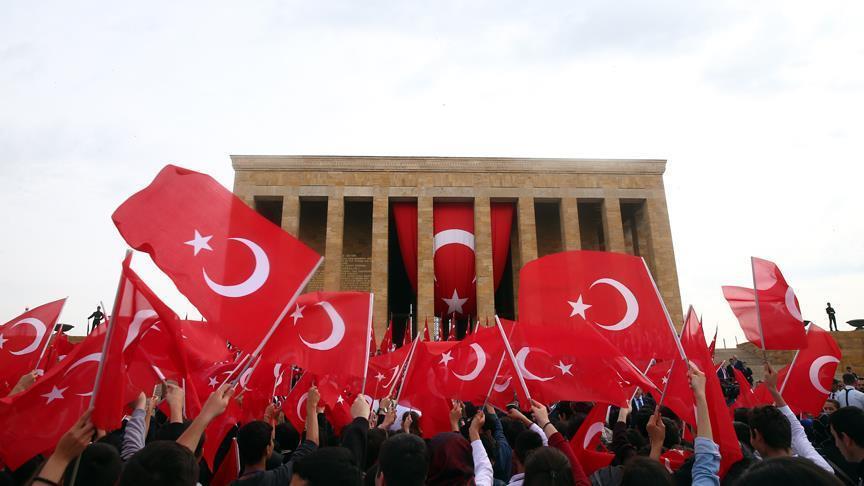
Turkey has one of the youngest populations in Europe with roughly 13 million citizens between the ages of 15 and 24, and a median age of 31.5. By the time of the next Turkish election cycle in 2023, there will be 64 million eligible voters – 13 million under the age of 24 – with seven million casting their first votes. These numbers demonstrate the significance of the youth vote in Turkish politics. Thus, it’s no surprise that major Turkish political parties are attempting to reach this sizable voting group in their messaging, policies, and platforms.
To assist the parties in responding to issues important to youth, IRI conducted focus group research. These focus groups found Turkey’s youth to be concerned about their futures and the future of the country, with respondents also seeing opportunity outside of Turkey. Additional concerns shared by participants included unemployment, education, the economy, general mistrust of political elites, and the political and justice systems.
IRI observes that youth in Turkey also seem to show considerable interest in progressive topics, irrespective of political affiliation, including issues related to violence against women, climate change, and environmental degradation. A number of participants highlighted Turkey’s withdrawal from the Council of Europe’s Convention on Preventing and Combating Violence against Women and Domestic Violence, known as the Istanbul Convention, as a particular source of concern. Interest in these issues seems to indicate a progressive pattern for the future of the country.
While Turkish political parties, and their leaders, address some of these issues within a more general framework, they often fail to truly understand or incorporate the nuance necessary to truly resonate with young Turks. In particular, while Turkish politicians’ statements regarding youth almost always relate to employment opportunities and the quality of education, they often lack a well-structured, long-term plan and vision to address the actual needs and expectations of Turkish youth.
IRI’s focus group findings also show that there is growing mistrust of political parties and the political elite, as most young people feel that politicians have neither the interest nor the will to tackle relevant problems. Relatedly, young people have little confidence in the justice system within the country – they do not trust the police or courts to enforce justice.
Another crucial problem is the lack of representation in government. While parties have active youth branches, due to the structure of the Turkish Parliament (which only allows eight members under the age of 29), many of these politically active youth are unable to hold elected office. When they do hold office, they often either lack the tools to affect change or are not taken seriously by more senior government or party officials.
To address this, in Fall 2017, IRI began its Youth Fellowship Program (YFP) to engage youth and allow them to actively participate in policymaking procedures. Since then, IRI has engaged dozens of young political party members from each of Turkey’s five major parliamentary parties through this program. Each module within the program is dedicated to a specific foreign or domestic policy issue, providing these young leaders the opportunity to work across political lines to explore policy areas with their peers and outside experts.
Upon completion of the modules, the fellows develop policy proposals and pitch them to their party leadership for consideration. Party officials have been impressed by the quality of work from these fellows, and ideas from their policy proposals have been included in official party platforms and documents. Additionally, YFP graduates have risen through the ranks, with some assuming policy development roles within their parties.
IRI Turkey will continue to help political actors better understand the needs and expectations of the country’s youth, and will continue to strengthen political participation, through ongoing research and the continuation of the Youth Fellowship Program.
Top